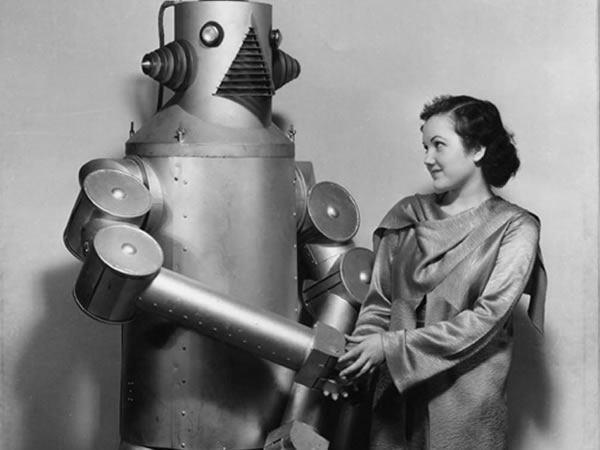The automation of the workforce is good in the long run but difficult until the new normal becomes, well, normal. How can a roboticized economy and a free-market economy coexist? New industries will be created, of course, but there still may be a shortfall in employment. One solution: an economic output tax. From Rachel Emma Silverman at the WSJ:
“Carl Bass, the chief executive of Autodesk, acknowledged that workplace automation has eliminated or reduced many manufacturing jobs, and will continue to do so in the future, leading to major shifts in the labor market. Entire industries, such as trucking, will eventually be disrupted by robotic advances like self-driving cars, he said. (Bass cited the book, The Second Machine Age, by Erik Brynjolfsson and Andrew McAfee as a source for this robot-heavy scenario.)
But, Bass asked: ‘Are the jobs lost to automation ones that you would want for your children?’ Few parents, he said, dreamed their kids would someday become fuel pumpers or elevator operators, jobs already replaced by automation. In the next 30 years, Bass added, smart machines and robots will outnumber humans on the planet.
Bass presented some outlandish ideas to help societies deal with the structural changes generated by a robot-heavy workforce, including taxing economic output rather than income, or implementing a ‘negative income tax,’ in which governments pay citizens a stipend in order to guarantee a level of income.
‘With our creativity and imagination, we will find harmony with the robots,’ Bass said.”
Tags: Andrew McAfee, Carl Bass, Erik Brynjolfsson, Rachel Emma Silverman

